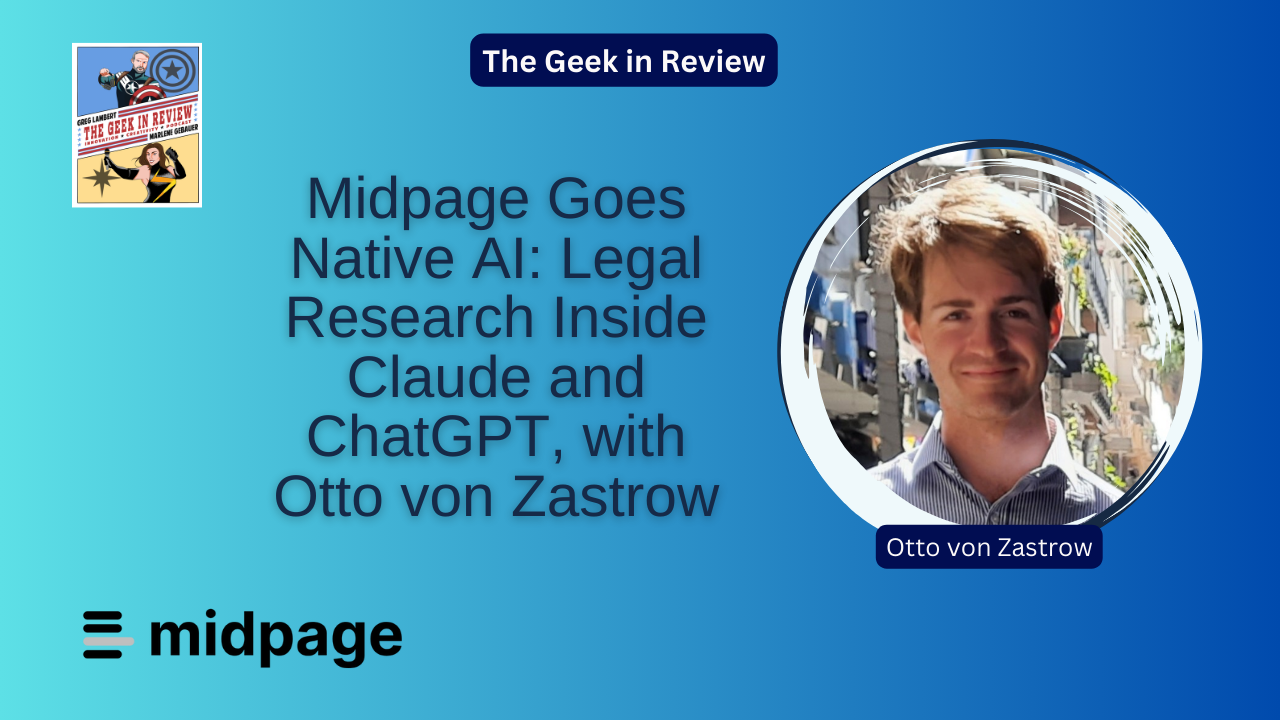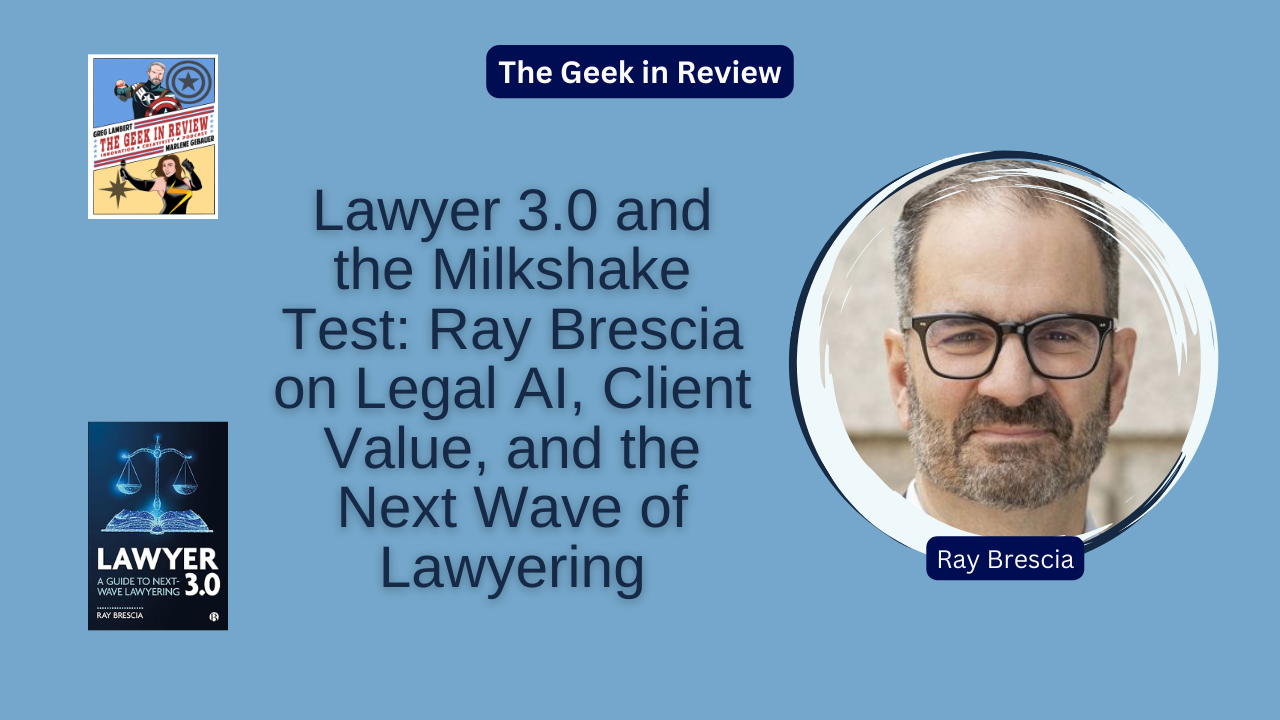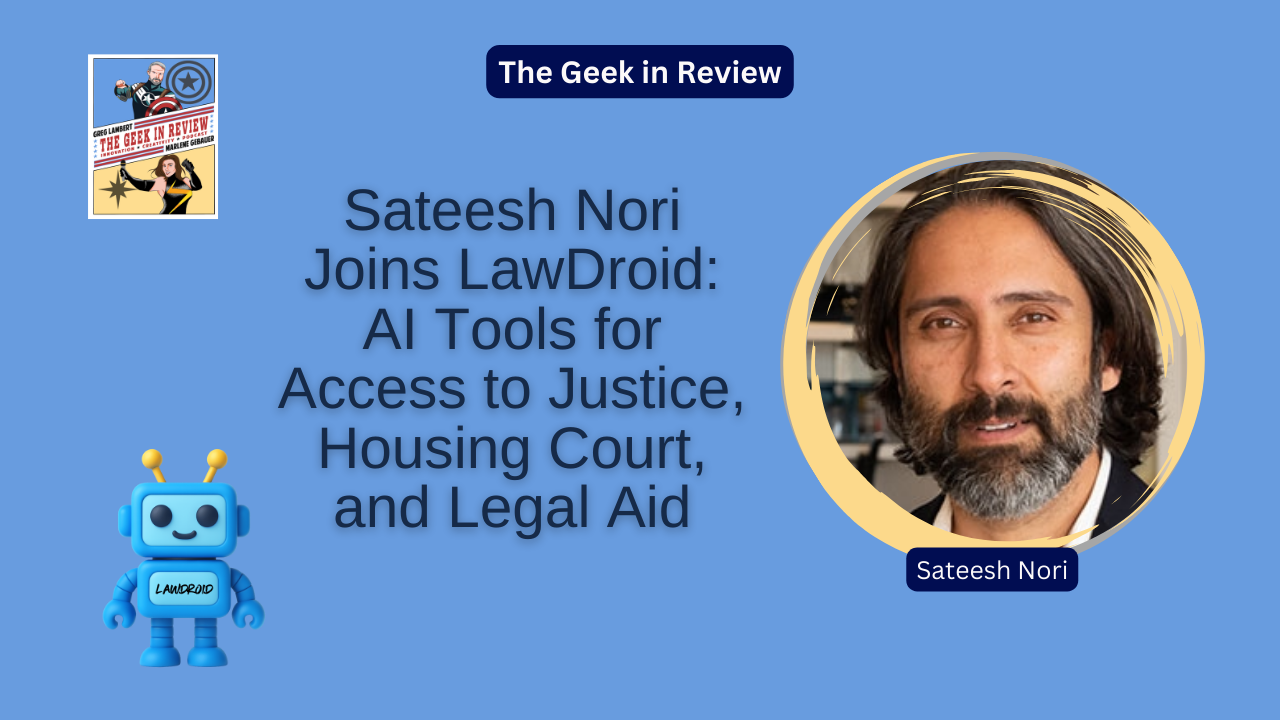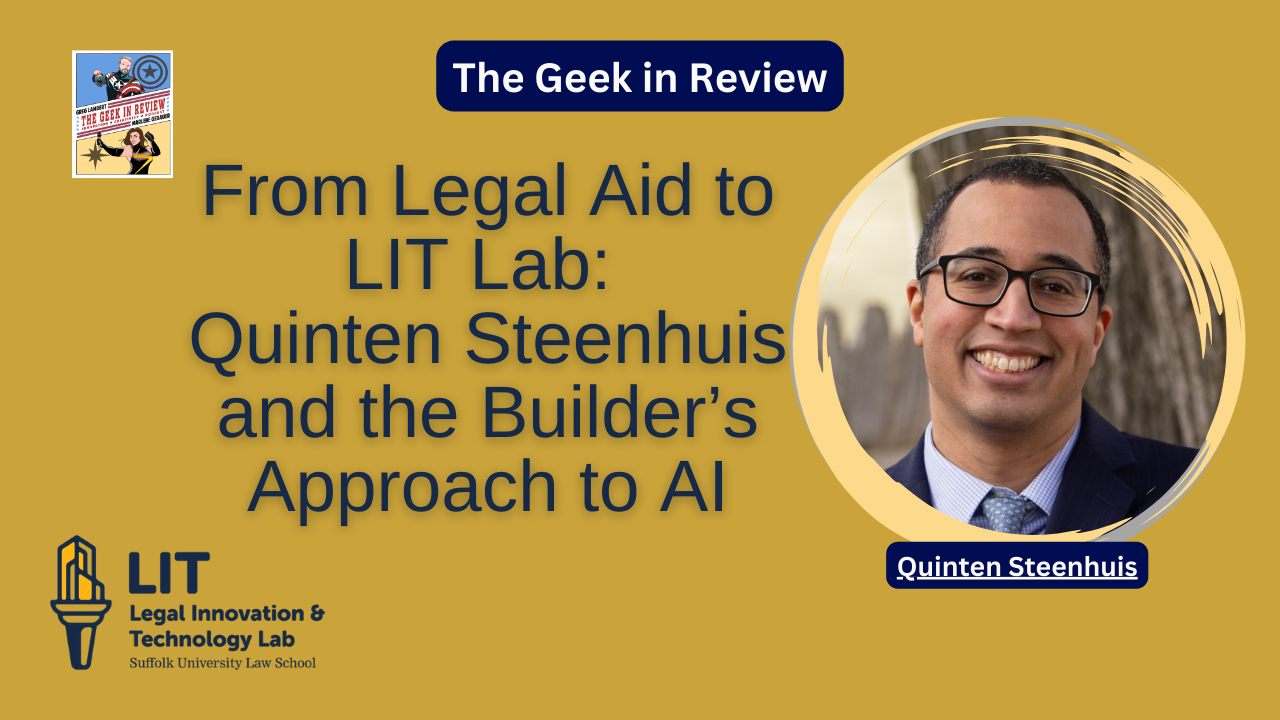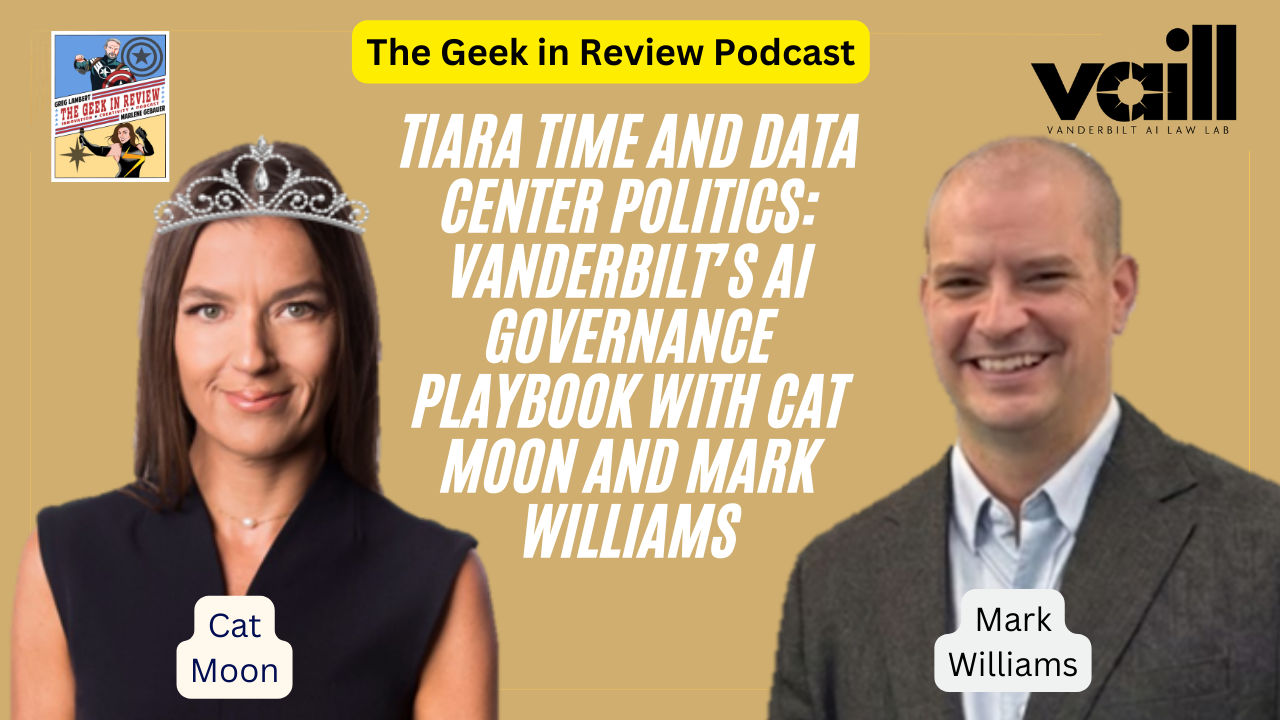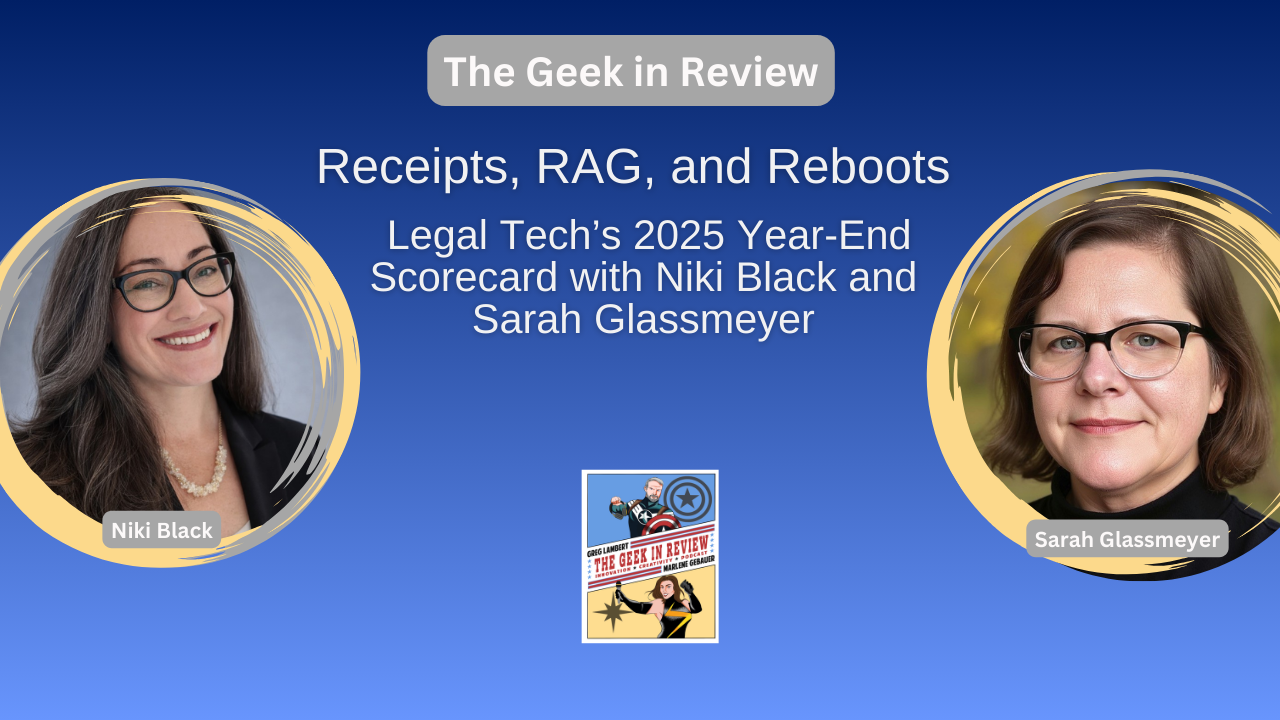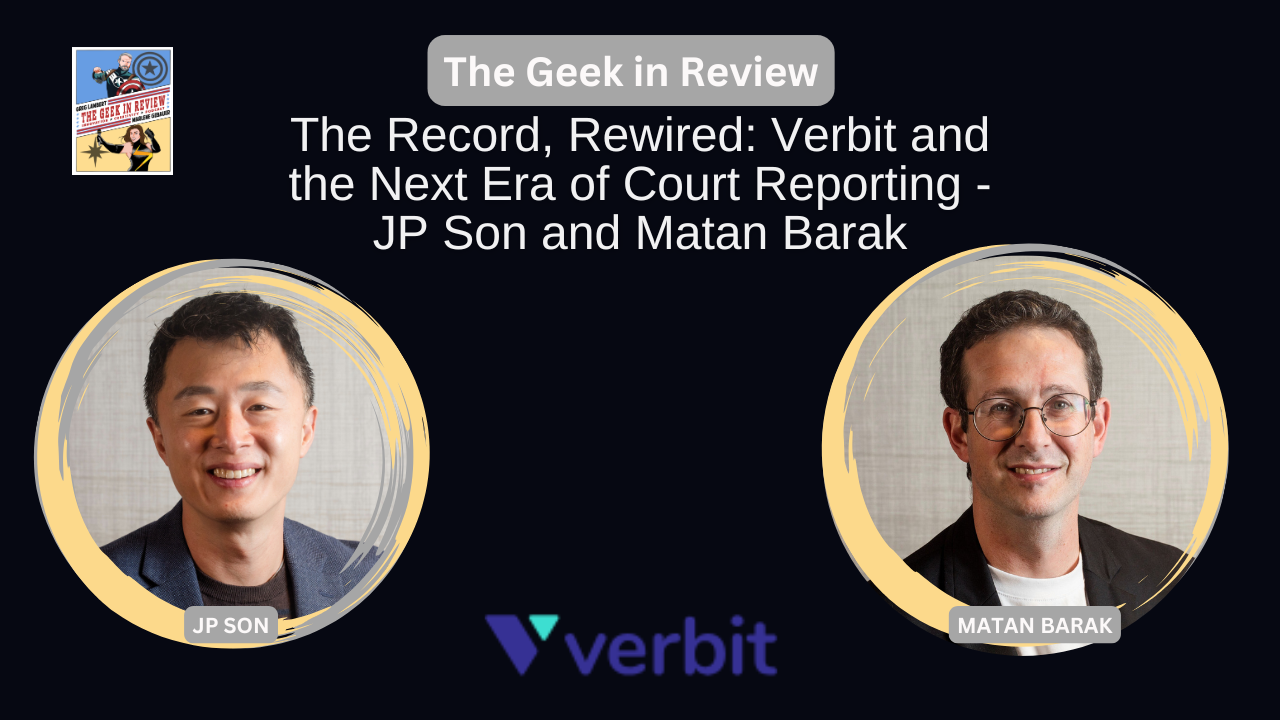A fresh Anthropic announcement set off a week of market jitters and existential questions: what happens when the big model shops ship “legal productivity” features and the public markets flinch. This week, we bring Otto von Zastrow back for a rapid-response conversation, with a front-row view from New York and a blunt take: software grows cheaper to reproduce, so value migrates. The discussion lands on a key distinction, interface versus data, and why the old guard still holds leverage even as new entrants sprint.
From there, the conversation zooms in on “systems of record” and the uneasy truth that the safest vault often loses mindshare when a new interface sits on top. Otto points to email, calendar, SharePoint, DMS platforms, and the growing power of a single chat workspace to become the place where work happens. The hosts press on a critical nuance for lawyers: legal research data is not flat, and “good law” demands hierarchy, treatment, and reliable citation context, not a pile of cases plus vibes.
Otto frames Midpage.ai as a data company first, built on continuous court ingestion plus normalization that used to demand armies of editors. He argues AI turns messy inputs into structured repositories at a scale that favors speed and breadth, yet accuracy still requires process design and verification loops. Greg sharpens the point for litigators: the bar is not clever answers, the bar is defensible citations, negative treatment, and confidence that the record matches reality. Otto agrees on the need for trust, then flips the lens: many annotation tasks look like grind work where modern models, paired with strong QA, start to outperform large manual pipelines.
The headline feature is integration via Model Context Protocol, described as a USB-C style connector for tools and models. Midpage chose distribution inside Claude and ChatGPT rather than forcing lawyers into yet another standalone site. Otto explains the wager: lawyers want fewer surfaces, and general chat platforms ship features at a pace no niche vendor matches alone, so the smart move is to meet users where daily work already lives. The demo story centers on research inside chat, with Midpage returning real case links and citations, then letting the user push deeper with uploads and follow-on tasks, while keeping verification one click away.
The back half turns to second-order effects: pricing, agent spend, and the rise of “vibe” work where professionals act more like managers of agent teams than sole authors of first drafts. Marlene raises governance and liability when internal DIY tools pop up outside formal review, and Otto predicts a pendulum toward professionalized deployment plus change management. The conversation closes on Midpage’s “holy grail” topic, citators and the case relationship graph, plus a clear-eyed forecast: standalone research websites shrink as a primary workspace, while research becomes groundwork performed by agents, with lawyers spending more time interrogating results than running searches.
Listen on mobile platforms: Apple Podcasts | Spotify | YouTube | Substack
[Special Thanks to Legal Technology Hub for their sponsoring this episode.]
Email: geekinreviewpodcast@gmail.com
Music: Jerry David DeCicca

